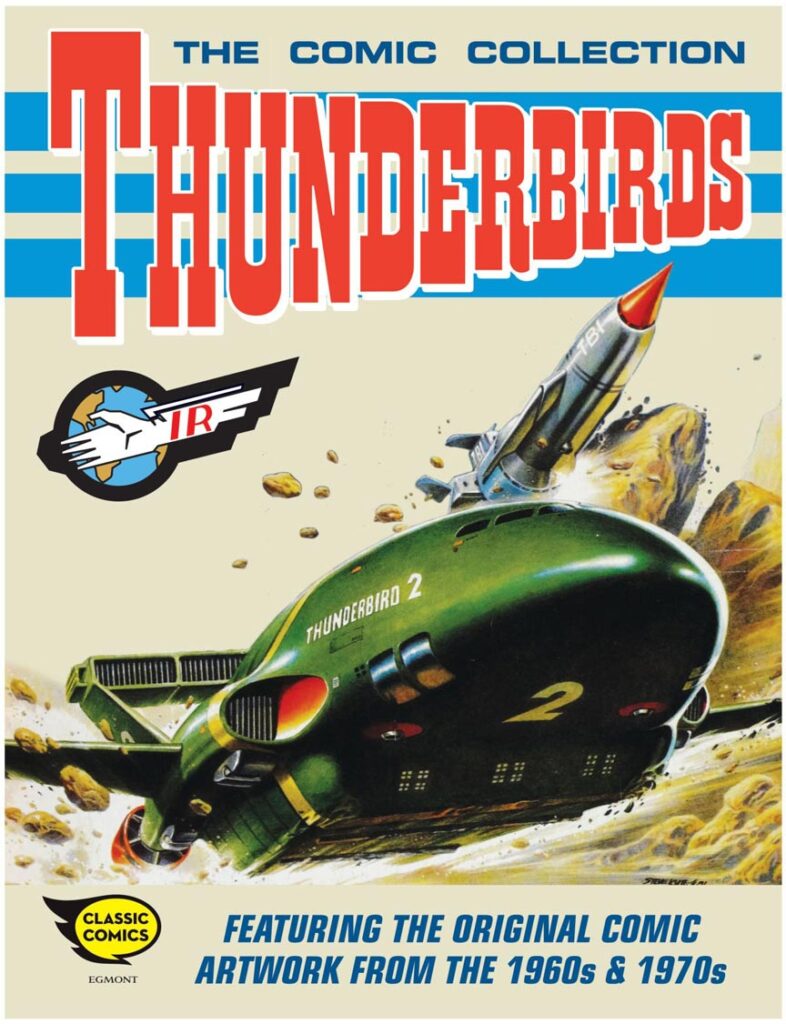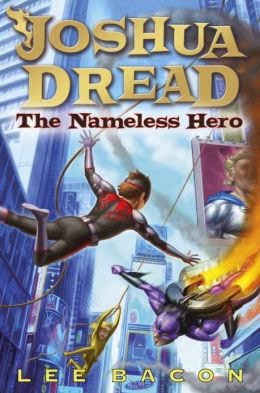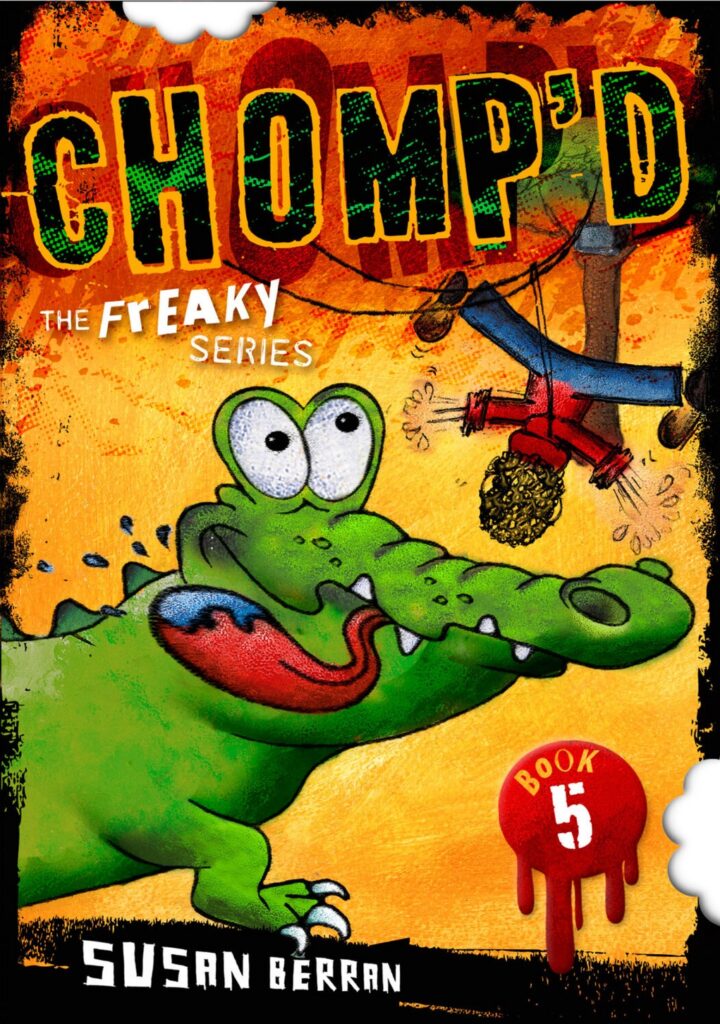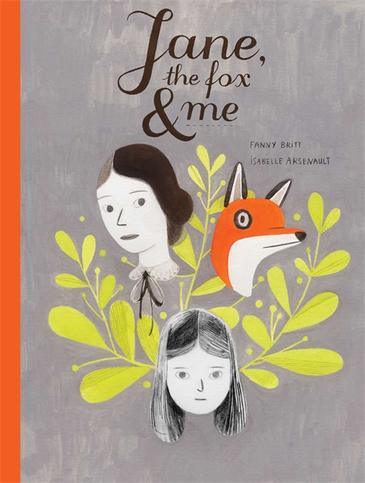Alex Kopp (text), Glenn Lumsden (illus.), Yagan, Green Barrow Publishing, 1 Oct 2016, 89pp., $15.50 (pbk), ISBN: 9781925383881
Yagan tells the story of white invasion and colonisation of the area around Perth – Nyoongar country. Kopp begins with the general story of the British arrival in Australia, before focusing on the story of one man, Yagan. Yagan was a Nyoongar man from the Perth area who lived the early 1800s, when the area was being ‘settled’. He resisted settlement, and had many violent encounters with white people, often while attempting to feed his people or defend their honour.
Importantly, the book begins with a note on language, observing that written Nyoongar is still quite a recent language, but also that Indigenous language and the use of it can be a complex matter. Some words that were recorded when Yagan was alive might not have been recorded correctly, or the language may have changed. How important it is that we have fiction available to young people that includes Indigenous languages. The blurb does recognise that Kopp worked closely with the Nyoongar people on this book, so the veracity of the language appears to be trustworthy – although more detail about this relationship would serve to add credibility.
Kopp should be commended for taking on this important subject matter, one that is not written about nearly enough. The book deals with many subjects and events that need much more discussion today. Who were the people that lived here when white people invaded? What were their stories? What did they experience, and how much of that is missing from our history books? Kopp strives to present an engaging account of this history and to show both sides of the story. At times, the tone is didactic and blatant in presenting the reader with the way they should feel or react, and the novel would benefit from toning this down. After all, the events and people being described are important and dramatic enough to engage readers.
Publishers, editors, writers, readers, teachers, librarians – we should all be on the look out to support, to review, to engage with works dealing with these topics. With more accounts of this time in history available, we shall surely encourage a deeper understanding of these issues in our young people, and in society as a whole.
Reviewed by Madeleine Crofts






